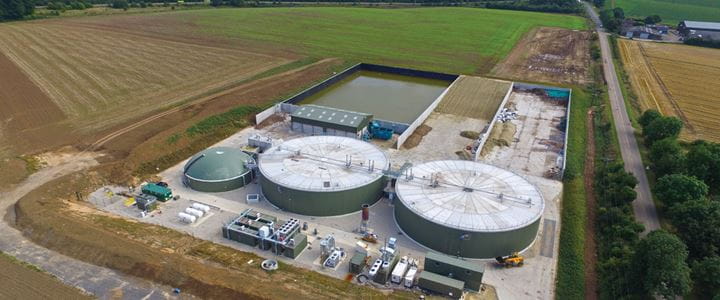Batteries are an increasingly crucial component of the global energy transition towards a carbon-neutral economy. So, what are the key reasons for the surge in demand for Battery Energy Storage Systems (BESS) globally?
Supply, demand and pricing of battery storage solutions
One of the challenges in the energy transition process is modulation – that is, how do we power our homes and businesses when the wind stops blowing and the sun isn’t shining? BESS allow renewable energy to be efficiently stored and supplied to the grid when required. This optimisation of energy output to the grid means that renewable energy projects can provide power at both peak and non-peak times. This stabilises the distribution network, and allows investors to achieve increased revenue income, due to limited wastage, while reducing costs for consumers.
A global rise in demand is being driven by an increased storage capacity and rapidly declining costs of the battery units. In fact, Bloomberg predicts that by 2030, vehicles and energy storage systems globally will have used more than 9,000 GWh of Lithium-ion (Li-ion) batteries ‒ over 10 times the current demand.1 It’s the versatility of these systems that has been key to the global uptake as they can be used at grid-scale, utilised to power phones and electric cars, or for energy storage at residential and commercial properties.
Cost and efficiency are the two metrics driving the adoption of BESS. Li-ion batteries are leading the pack as they
- have significant capacities,
- are relatively low cost,
- have efficient storage, and
- lengthy lifespans.
In 2020, Li-ion battery pack prices hit an all-time-low of $137/kWh. That’s a price drop of nearly 90% in about 10 years, according to Bloomberg.1
Despite these developments and the growth in this field, there are still some key insurance issues to address. The sharp rise in demand in recent years has brought more attention to issues, some of which have led to costly insurance claims, particularly battery fires and thermal runaway, contractor errors, and machinery breakdown events. Most notably, the recent blaze at Victoria’s “big battery” project, which burned for more than three days.2 To find out more about BESS fire risks, read our article.
Need for standards in battery storage
The speed of the battery storage evolution and widespread use of these systems will inevitably bring new challenges. The broad range of technologies and relative lack of standardisation means that insurers face challenges in keeping pace with the evolving technical risk aspects of the technology. Typically, an insurer will use historical loss and performance data to allow them to calculate the chance of losses occurring, but with the rapid emergence of prototypical and developing technologies, there are many unknowns. The insurance industry is on a constant learning curve as new products upscale in capacity, technology continues to advance, and global demand surges.
Similarly, the regulatory framework must also keep abreast of the rapid development of the industry. A growing number of codes have therefore been developed to ensure safety and a degree of standardisation in the installation and operation of these systems3, but these must keep pace with the technological advances in the industry to ensure development isn’t hampered by overregulation.
Find out more information about the insurance solutions and support available from Marsh Commercial here, or get in touch to talk to a BESS insurance expert.
Source:
1 Bloomberg New Energy Finance ‘this is the dawning of the age of battery’, Dec 2020
2 The Guardian ‘Tesla big battery fire in Victoria burns into day three’, Aug 2021
3 www.gov.uk BESS
Real-world insight that we don't share anywhere else
Get access to exclusive help, advice and support, delivered straight to your inbox.











